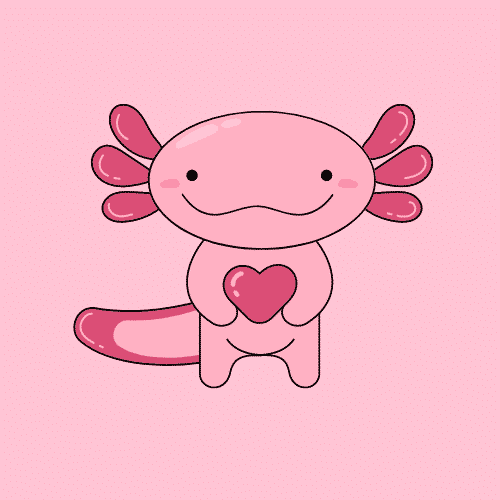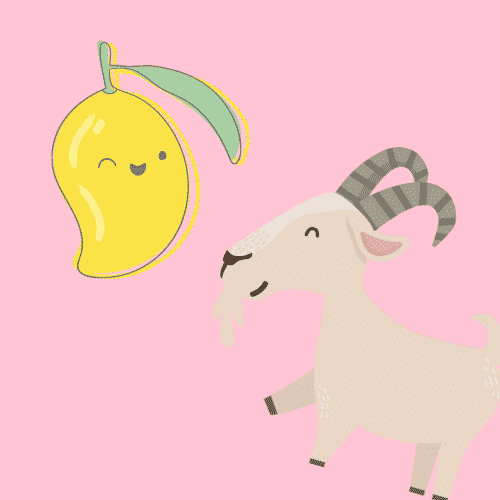Many people keep rabbits as pets because they are cute and cuddly. Even a bunny can be house trained.
Pet rabbits are adorable, but they can bite. Stress, fear, or mistaking you for food can all lead to a rabbit biting you. But who cares about that, we want to know can a rabbit bite your finger off? (Like fully off) The answer is: Yes, a rabbit is capable of biting a figure off and they’re even examples in the news of it happening like to this poor child in Taiwan or this poor chap in New Zealand. However, the chances of this happening are extremely unlikely and I would suggest most rabbits don’t have the jaw strength or power to fully severe a fully grown human’s finger.

It’s said a rabbit has a similar jaw strength to that of a cat, and although a cat could certainly do some damage to your fingers it’s very unlikely it could totally bite it off.
Getting bitten by a pet rabbit can be painful. Rabbit bite wounds, on the other hand, are usually not severe enough to necessitate medical attention. Antibiotics may be required if a bite becomes infected. If you haven’t gotten a tetanus vaccine in the last ten years, you should get one.
Are you being bitten by your pet rabbit? If so, you are aware that it is an extremely terrible experience. This article explains why rabbits bite, how to treat a rabbit bite, and what you can do to prevent further attacks. By the end of the post, you’ll have a solid understanding of how to deal with this unpleasant rabbit behavior.
Why Do Rabbits Bite Humans?
Rabbits are one of the most affectionate domestic pet animals. They make excellent pets because of their ability to form close ties with their owners and their enjoyment of being groomed and played with.
However, no matter how close an animal is to its owner, it is capable of biting on rare occasions. The regulation applies to rabbits as well. Rabbits attack their owners for the following reasons:
- Fear. rabbits can become aggressive when they feel threatened, such as by being chased, picked up, or restrained.
- Stress. When a rabbit lives in a noisy, restricted, or unsuitable environment, it can get anxious. They are more likely to bite when they’re stressed.
- Territoriality. Territorial behavior is more common in rabbits who have not been spayed or neutered. If they believe that you’re intruding on their personal space, they may bite.
- Pain and illness. If you touch a rabbit that is in agony, it is likely that it will lash out and attack you.
- Mistaking you for food. Your rabbit may mistake your fingertips for a pleasant meal if your hands smell like food.
When your rabbit purposely bites you, it’s an indication that they don’t like whatever you’ve done. Inadvertently injuring or scaring them may have been your fault.
Negative reinforcement is another method rabbits use to learn to bite. Your rabbit, for example, may bite you if you pick it up because it dislikes it. As a result, they will come to believe that biting will get them what they want from now on.
Do Rabbit Bites Hurt?
Is it painful to get a rabbit bite? Yes, however, your level of pain sensitivity plays a role. An actual rabbit bite, on the other hand, is a lot more painful.
It is a rabbit’s ability to eat fibrous, leafy greens that makes their teeth so long and sharp. When the necessity arises, they are equally adaptable at slicing through human skin. It can take days for a rabbit bite wound to heal.
Adult rabbit bites tend to be more painful, whereas baby rabbit bites are less so. Because their teeth are smaller, this is the reason. The same holds true for dwarf rabbits compared to larger types of rabbits.
The intensity of the rabbit’s bite is also a factor. It is possible for the rabbit to bite harder if they are frightened rather than simply startled. Regardless, if your bunny bites you, you’ll know immediately.
Are Rabbit Bites Harmful?
Rabbit bites can be a stinging experience. However, whether or whether they have a long-term impact is another matter entirely.
Bite severity varies widely among different species of animals. As a rule, wild animals are more susceptible to diseases and parasites than domesticated ones. They are therefore more dangerous than domestic rabbit bites.
Do Rabbit Bites Spread Diseases?
Rabbits are susceptible to a wide range of illnesses. Bacteria and viruses that can’t survive in the human body include those that cause disease. Rabbits, for example, are susceptible to the debilitating and fatal disease known as myxomatosis. Humans are unaffected by myxomatosis, thus if a rabbit with the disease bites you, there is no risk to you.
Rabbit diseases that can be transmitted to humans are:
- Pasteurellosis. Many animals, including rabbits, have Pasteurella bacteria in their mouths and respiratory systems. If you get bitten by a rabbit, you could be infected with Pasteurella.
- Tularemia. Rabbits can contain bacteria that cause this rare but dangerous disease. It can be fatal, although antibiotics can be used to treat it.
- Rabies. In spite of the fact that rabies is uncommon in domestic rabbits, it can be lethal to both rabbits and humans who contract it from them.
- Tetanus. When a wound is infected with a specific type of bacterial toxin, a disease known as necrotizing fasciitis occurs.
Rabbits can also carry fungal diseases and external parasites. Rather than being spread through bites, they are spread through skin-to-skin contact.
It is extremely rare to contract an illness from a rabbit’s bite. But, it is better to consult a physician if you have any concerns.
Do Rabbit Bites Cause Infection?
Infection can occur in any wound, regardless of where it came from. When bacteria get into a wound, that’s when it starts to get infected. It is impossible to list all of the bacteria that can cause infection, although the majority do so.
If a rabbit bite isn’t properly treated, the wound can grow infected. Fortunately, rabbit bite wounds can be treated quickly and easily, reducing the risk of infection.
How to Treat a Rabbit Bite
If your rabbit has bitten you, examine the wound thoroughly. If the wound is shallow, it can be properly cleaned with soap and water. After cleansing the wound, use an antibiotic cream and bandage the affected region. Call your doctor and get care if the wound is deep, bleeds profusely, or shows signs of infection.
If there is any possibility that the rabbit has rabies or another disease, go promptly to the emergency hospital. If the wound is serious and it has been more than five years since your previous tetanus vaccination, you should also have a tetanus booster.
Do You Need a Rabbit Bite Vaccine?
In most cases, the above-mentioned treatment is sufficient to keep rabbit bites from becoming more serious. However, you might ask if a tetanus injection is necessary if you’ve been bitten by a rabbit.
The bacteria that cause tetanus enter the body through a wound. Aside from soil or manure, tetanus can also be transmitted by animals.
Only approximately 30 persons in the United States are diagnosed each year with tetanus. In the absence of current tetanus injections, your risk is greatly increased.
Tetanus vaccines are only effective for ten years. You might want to consider getting another one if it’s been more than ten years since your last one. You’ll be protected as long as you get the vaccine within 48 hours of the rabbit bite.
Besides tetanus, the only other risk is rabies. It is only through animal saliva that rabies, a highly contagious viral disease, is transferred. It’s extremely uncommon in pet rabbits, especially if they’ve been vaccinated.
The exception is if you fear that your rabbit has rabies, or if you have been attacked and bit by a wild rabbit. In most cases, rabies is lethal, however, it is treatable if treated immediately.
How to Stop Your Rabbit From Biting
Even the most friendly rabbits are capable of biting out of fear or aggressive tendencies. If you are raising a rabbit and have encountered behavioral issues, you may be asking what you can do differently to return the rabbit’s former attitude.
You can train a rabbit to stop biting, but it will require patience and effort on your part. However, after time, your rabbit will return to his former, beloved self.
- Identify the triggering situation. There are several reasons why a rabbit might bite someone or something, but frightening or threatening conditions are typically the cause of aggressive biting. If you wish to stop your rabbit from biting aggressively, you will need to monitor him and identify what events provoke him.
- Calm an angry bunny. If your rabbit is behaving violently, you might be tempted to maintain a safe distance. However, the best method to deal with this scenario is to reassure and comfort your rabbit. This will teach your rabbit over time that he does not need to fear you because you are not a threat.
- Provide your rabbit with treats. Typically, treats can calm or at least divert an angry bunny. Over time, a rabbit that acts aggressively, such as when you pick him up, may respond more calmly when he understands he will receive goodies.
- Avoid scolding your bunny. Some individuals may believe that smacking a rabbit’s nose or hitting him with a newspaper will “break” his undesirable habit. The truth is that doing so is quite risky. Hitting or physically reprimanding your rabbit in any way can result in severe injuries and, if nothing else, will make your rabbit even more afraid of you.
Final Thoughts
Although rabbit bites can be extremely painful and unpleasant, they are typically not a cause for concern. Follow standard first aid procedures to clean the wound, and then evaluate why the rabbit bit you in the first place. By observing your rabbit’s biting habits, you can discover how to train them to treat you with kindness and gentleness instead.

Doctor of Veterinary Medicine (D.V.M.) at Nation Taiwan University,Master of Science (M.S.) in Biomedical Engineering at National Taiwan University of Science and Technology




